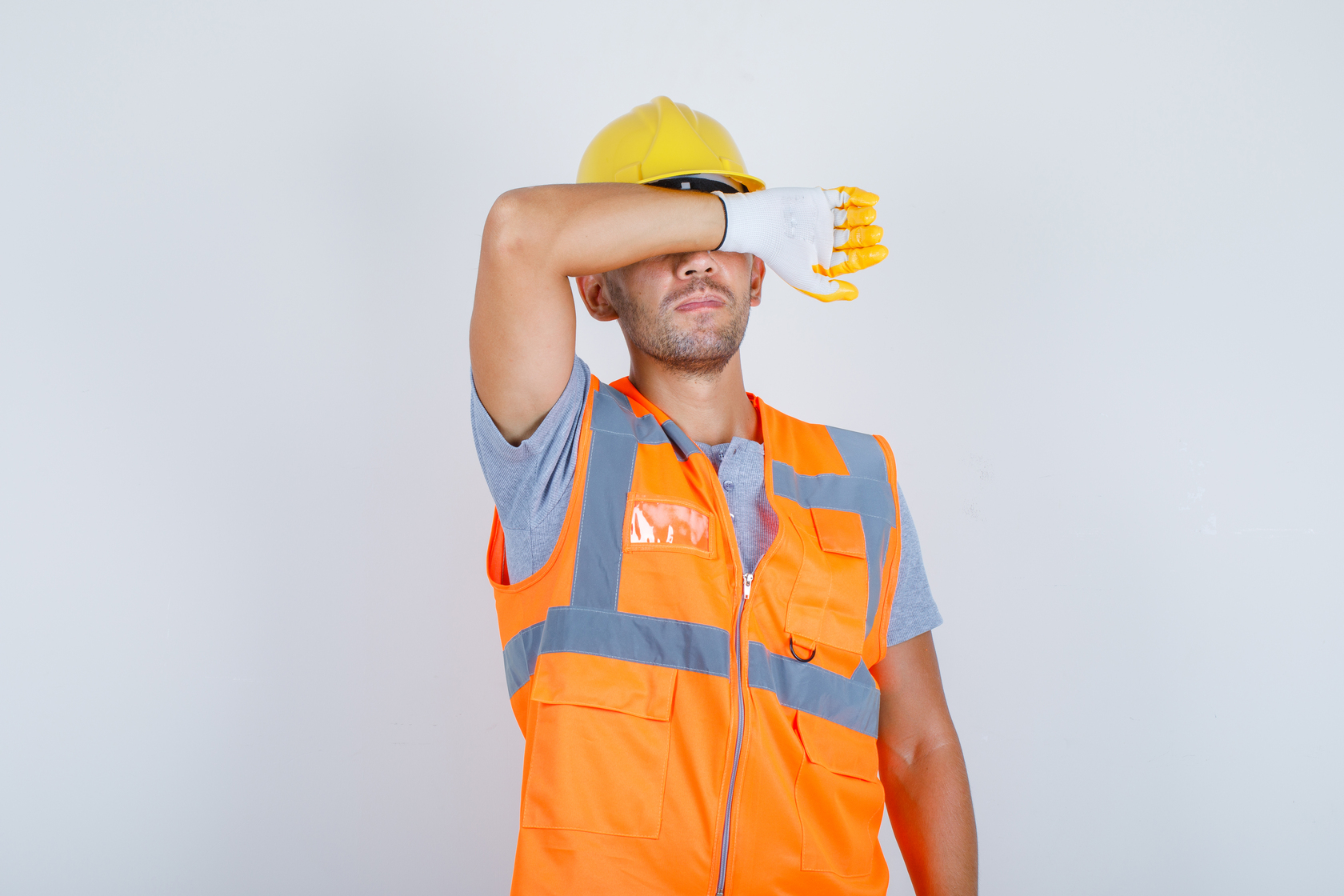
Pentingnya Manajemen Fatigue di Perusahaan Tambang dan Regulasi Kecukupan Jam Tidur

The Role of Wearables in Preventing Fatigue
Fatigue or excessive tiredness is one of the leading causes of workplace accidents, especially in industries with high physical and mental demands. To address this issue, wearable technology has become an increasingly popular solution. Wearables, which are electronic devices that can be worn like smartwatches, health bands, and similar devices, can help monitor workers' physical conditions in real-time and provide early warnings if signs of fatigue are detected.
By using this technology, companies can take proactive steps to protect workers' health and safety, improve productivity, and reduce the risk of accidents caused by fatigue.
How Do Wearables Work to Prevent Fatigue?
Wearables are designed to monitor various health indicators related to fatigue, such as heart rate, sleep patterns, physical activity, and stress levels. Some devices can even monitor sleep quality and provide recommendations to improve workers' sleep habits. The data collected by wearables can then be analyzed to determine whether a worker is in a safe condition to work.
If the device detects signs of fatigue, such as abnormal heart rate or lack of sleep, it will send an alert to the worker or directly to the company's management through a connected platform. This allows the company to take immediate preventive action, such as providing additional rest or assigning the worker to less risky tasks.
Recommended Wearables to Prevent Fatigue
There are several brands and types of wearables that can be used to prevent fatigue in the workplace. Here are some recommendations:
Fitbit Charge 5
Fitbit Charge 5 is one of the most well-known wearables for its comprehensive health monitoring capabilities. With features like 24/7 heart rate monitoring, sleep analysis, and stress level measurement, Fitbit Charge 5 is well-suited as a tool to prevent fatigue. Additionally, this device provides a daily sleep score and suggestions for improving sleep quality, which is a crucial factor in preventing fatigue.
Garmin Vivosmart 5
Garmin Vivosmart 5 offers various health and fitness features that are very useful for monitoring workers' physical conditions. This device can monitor heart rate, blood oxygen levels, and sleep patterns. Garmin's unique Body Battery feature provides an overview of workers' energy levels, which can be used to determine whether they have had enough rest or need time for recovery before returning to work.
Apple Watch Series 8
The Apple Watch Series 8 is not just a smartwatch but also a highly advanced health monitoring tool. With heart rate monitoring, in-depth sleep analysis, and the ability to detect falls or emergencies, the Apple Watch Series 8 can help workers and company management prevent fatigue and workplace accidents. Moreover, the device integrates with the Health app, which can track various health indicators over time.
Whoop Strap 4.0
The Whoop Strap 4.0 is a wearable device specifically designed for health and performance monitoring. While it lacks a display, it is highly effective in monitoring heart rate, heart rate variability (HRV), and sleep patterns. Whoop provides daily reports on workers' physical condition, including recovery levels and readiness for activity. This is very helpful in preventing fatigue by ensuring workers are in optimal condition before undertaking heavy tasks.
Using wearables in the workplace can be an effective step in preventing fatigue and improving workplace safety. By selecting the right device, such as Fitbit Charge 5, Garmin Vivosmart 5, Apple Watch Series 8, or Whoop Strap 4.0, companies can monitor workers' physical conditions in real-time and take necessary preventive actions to avoid fatigue. Investing in wearable technology not only enhances workers' health and safety but also positively impacts productivity and overall operational efficiency.

Pentingnya Manajemen Fatigue di Perusahaan Tambang dan Regulasi Kecukupan Jam Tidur

Bahaya Kelelahan di Lingkungan Kerja: Faktor Penyebab dan Solusinya

Kecelakaan Kerja Akibat Fatigue: Pengertian, Penyebab, dan Solusi Pencegahannya

Fatigue Management System: Pengertian, Manfaat, dan Alat Pendukung


Pentingnya Manajemen Fatigue di Perusahaan Tambang dan Regulasi Kecukupan Jam Tidur

Bahaya Kelelahan di Lingkungan Kerja: Faktor Penyebab dan Solusinya

Kecelakaan Kerja Akibat Fatigue: Pengertian, Penyebab, dan Solusi Pencegahannya

Fatigue Management System: Pengertian, Manfaat, dan Alat Pendukung
